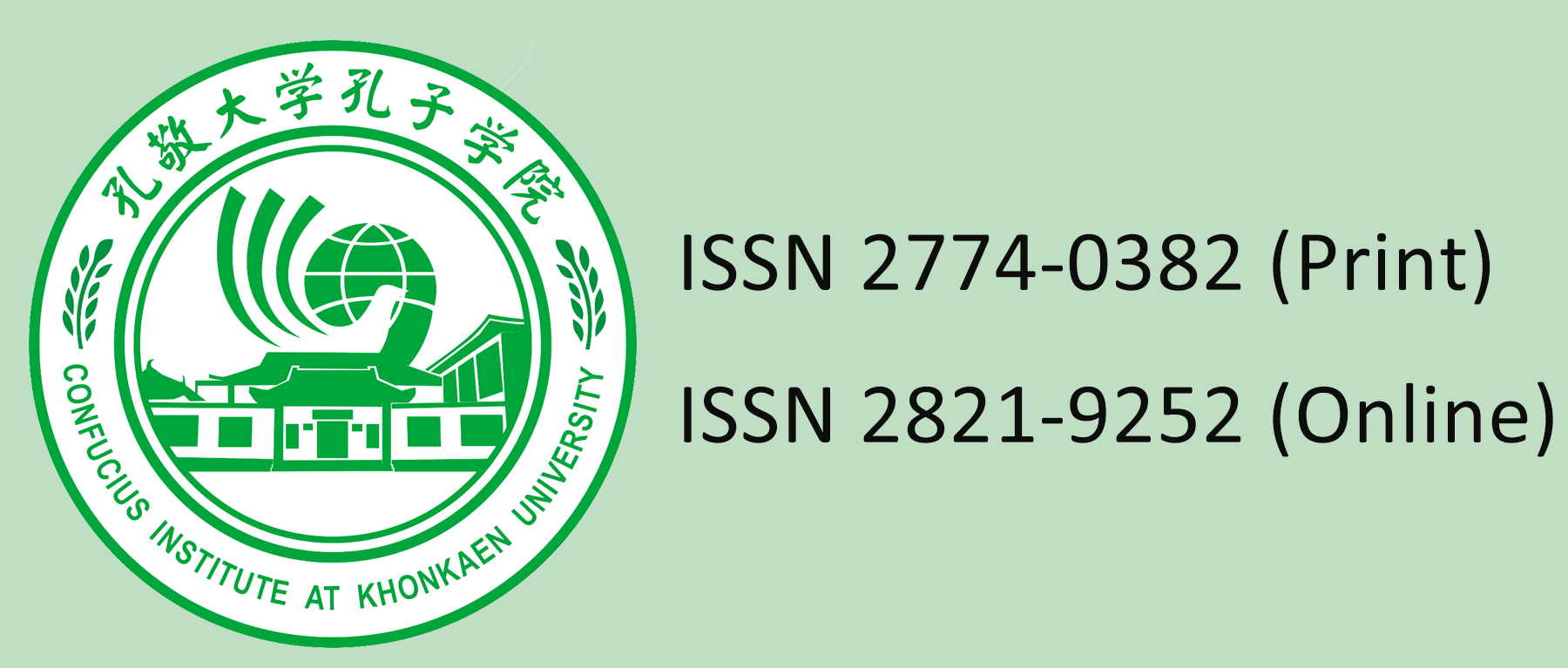จีนในยุคกรีก-เฮเลนิกตะวันออก: ตั้งแต่ในช่วงสงครามโลกครั้งที่สองถึงช่วงใช้นโยบายหนึ่งแถบหนึ่งเส้นทาง
Main Article Content
บทคัดย่อ
Chinese intellectuals’ understanding of the Hellenistic East, which marks the history of the Middle East and Central Asia after Alexander’s conquest (323–31 BCE), provides a unique window to examine modern and contemporary Chinese intellectuals’ perceptions of the Chinese placement in the world. Jian Bozan (1898–1968), a Chinese Marxist historian, has particularly emphasized the Hellenistic global background of the early Chinese empires in the 2nd century BCE in his work on early Chinese history in the 1940s. Liu Xiaofeng, an influential contemporary Chinese cultural critic, has published an article to decipher the implication of Chinese engagement with the Hellenistic East in the 2nd century BCE. As I will demonstrate, both these two instances are closely intertwined with their respective cultural milieu which is related to China’s intense engagement with the outside world.
Article Details
รูปแบบการอ้างอิง
เหอ . เ. (2025). จีนในยุคกรีก-เฮเลนิกตะวันออก: ตั้งแต่ในช่วงสงครามโลกครั้งที่สองถึงช่วงใช้นโยบายหนึ่งแถบหนึ่งเส้นทาง. วารสารจีนวิทยาและการศึกษาภาษาจีนนานาชาติ, 8(1), 1–14. สืบค้น จาก https://so08.tci-thaijo.org/index.php/cikkuhygj/article/view/4503
ประเภทบทความ
การศึกษาทางด้านจีนศึกษา


